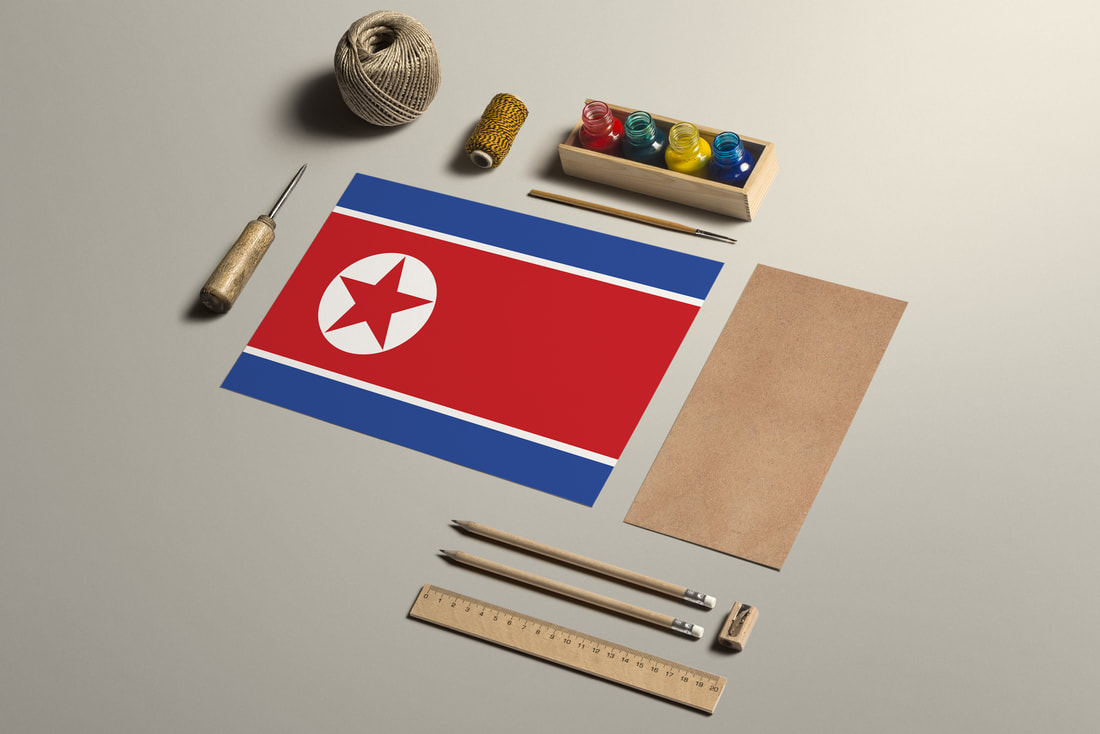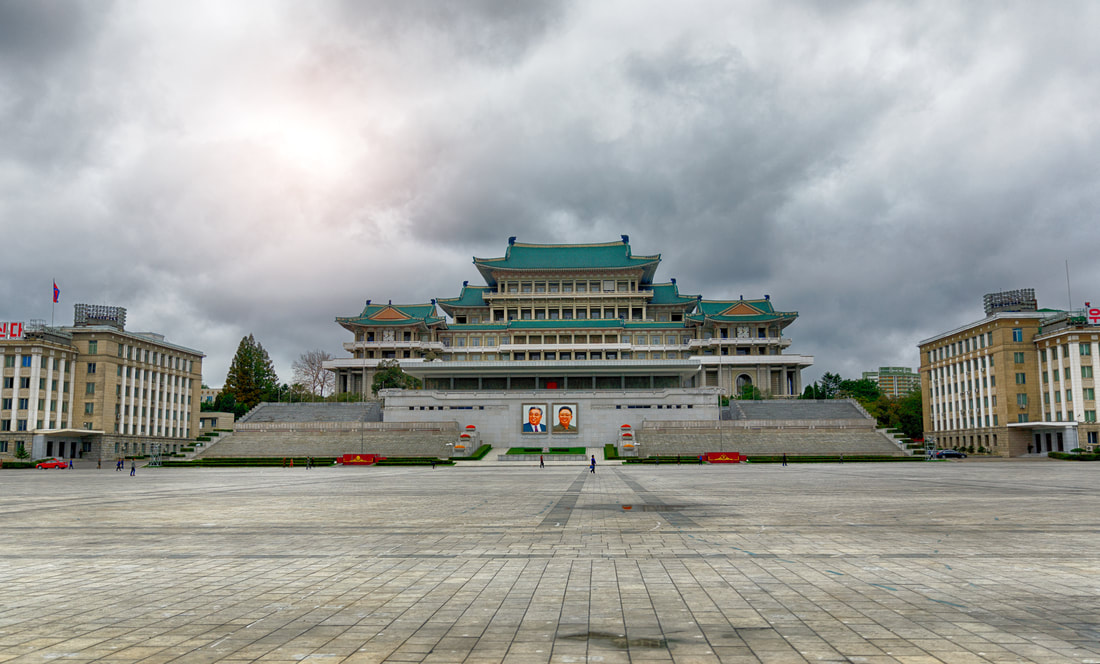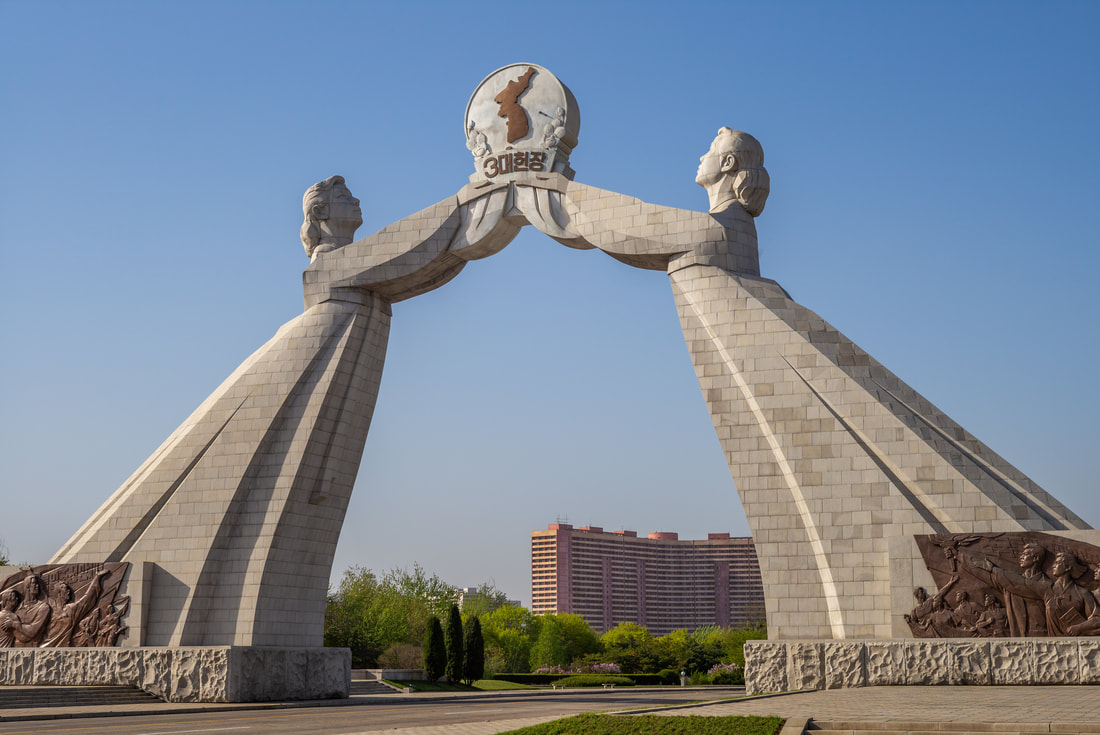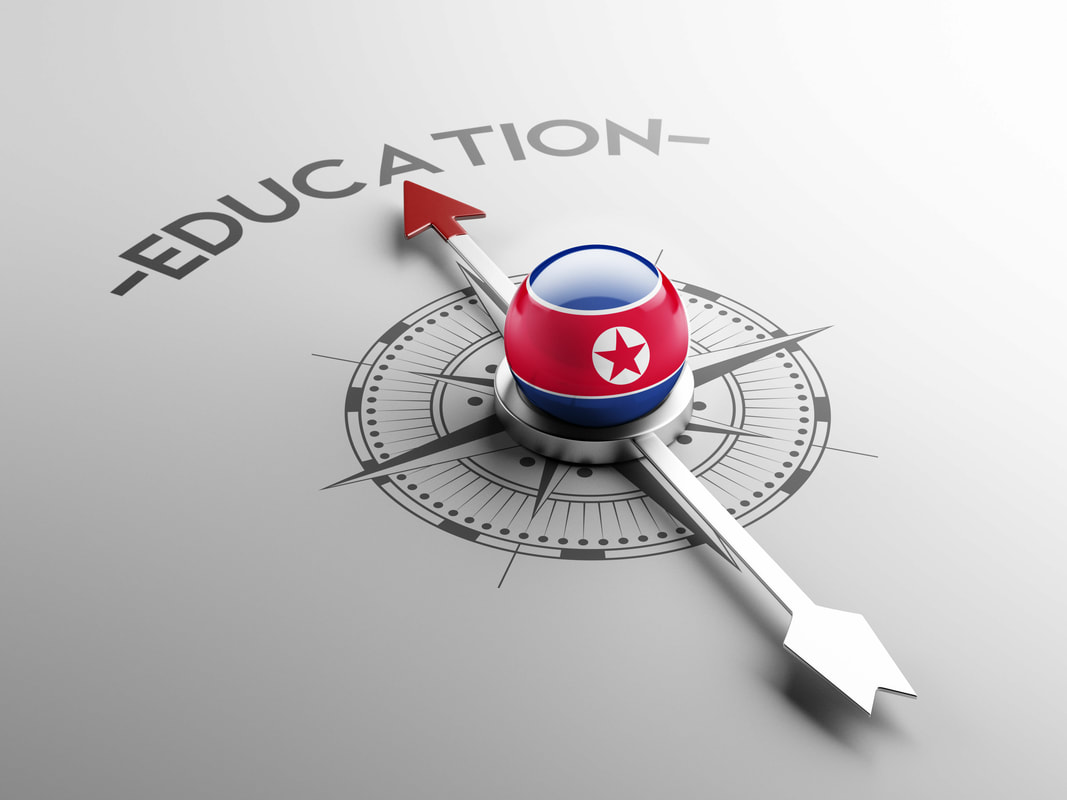Suffering in Silence: Exposing the Cruel Reality of North Korea’s Prison Camps through Art8/27/2020 By Hala Anderson, HRNK Research Intern
Edited by Rosa Park, HRNK Director of Programs and Editor and Benjamin Fu, HRNK Research Intern August 27, 2020 In North Korea, a system of prison camps rivaling those of 20th-century totalitarian regimes in size, duration, and scope of human rights violations, subjects prisoners to daily torture, sexual and physical violence, poor sanitation, and starvation.[1] Yet, it has become clear that North Korean human rights, especially in prison camps, are not a priority for major players in the international community. South Korea, in an effort to maintain relations with the North, has launched investigations into human rights organizations focused on North Korea.[2] Meanwhile, the United States continues to leave human rights out of its negotiations with North Korea and China has yet to stop forcibly repatriating North Korean refugees.[3] If states won’t push a human rights agenda for fear of retribution from North Korea, perhaps their people will. Art has the power to draw attention to human rights atrocities and needs to be harnessed to inspire action in the name of North Korea’s prisoners.
2 Comments
By Emily Gibson, HRNK Research Intern
Edited by Rosa Park, HRNK Director of Programs and Editor and Benjamin Fu, HRNK Research Intern August 25, 2020 Historical Overview Characterizing the struggles under the North Korean regime as “hardship” is an understatement. This struggle is not the touted ideological struggle to reach a socialist paradise; rather, it is a battle to achieve a life of sustenance for the average North Korean. During the initial years of the Kim regime, North Korea rationed food to its people, albeit not equally. Even before the 1950 Korean War, food was not distributed equally among the people north of the 38th Parallel. Distribution was rather based on an individual’s level of devotion towards the military and one’s field of work. For example, workers in physically demanding blue-collar jobs were more likely to receive more desirable foods, such as white rice.[1] The food distribution system also favored the military. Korean historian Charles Armstrong reports that during the war, peasants ate acorns, pine bark, and grass, while soldiers were given rice three times a day.[2] This sentiment is known today as songun jeongchi, or “military-first” politics.[3] The food ration system was achievable through the destruction of private land ownership, the establishment of a centrally-planned socialist state, market suffocation, and the invention of Juche ideology also known as “self-reliance.[4]” By Camille Freestone, HRNK Research Intern
Edited by Rosa Park, HRNK Director of Programs and Editor August 13, 2020 Though none can escape the harsh reality of living in North Korea entirely, women often experience the lack of human rights and systematic violence of the totalitarian regime most acutely. They are often the most food insecure, the most vulnerable to domestic and sexual violence, and at high risk of being trafficked when attempting to escape. Though all people in North Korea must navigate a minefield of violence and oppression in order to survive, women face particular difficulties. But the unique challenges of existing as a North Korean woman do not end in the rare case of successful escape to South Korea. Within the escapee community in South Korea, women continue to face challenges, including difficulty adjusting to a new social order, high rates of domestic and economic abuse, difficulty accessing resources that should be readily available, and discrimination in the workplace. In many ways the Moon administration has exacerbated these struggles, creating an environment in which North Korean human rights groups are suppressed and individual escapee’s rights have been trampled in high-profile cases. By Timothy Goo, HRNK Research Intern
Edited by Rosa Park, HRNK Director of Programs and Editor and Benjamin Fu, HRNK Research Intern August 6, 2020 Between December 1959 and July 1984, more than 93,000 ethnic Koreans living in Japan returned to Supreme Leader Kim Il-sung’s communist state, North Korea, in hopes of securing a better future for themselves.[1] The assistance provided by the North Korea-affiliated General Association of Korean Residents in Japan, an organization that gained the support of more than 90% of ethnic Koreans in Japan and was often referred to as chongryun in Korean or soren in Japanese, allowed the regime to deceptively publicize itself as “paradise on Earth.”[2] One of the most effective forms of propaganda was distributing an image that included beautiful women removing luscious apples from a tree while surrounded by North Korea’s “modern” cityscapes.[3] Considering how the ethnic Korean population historically endured an arduous life in Japan due to pervasive ethnic discrimination, an absence of civil rights, and limited educational opportunities, one can deduce that this campaign motivated many Koreans to relocate to North Korea. Indoctrination in the Name of Education: A Tool for Maintaining the North Korean Dictatorship8/4/2020 By Hayoung Paik, HRNK Research Intern
Edited by Rosa Park, HRNK Director of Programs and Editor and Camille Freestone, HRNK Research Intern August 4, 2020 Since its establishment, North Korea has prioritized free access to education at all levels. Similar to many other socialist countries, education has been a key tenet of forming and stabilizing North Korea’s socialist system. The number of years of compulsory education has gradually been extended since 1956, and the current Universal 12-year Compulsory Education system, which has been implemented under the Kim Jong-un regime, guarantees free compulsory education for all children ages 5 to 17.[1] North Korea has boasted about this system internally and externally as “the longest free and compulsory education in the world” and used it to propagandize the superiority of the socialist system.[2] However, we should not overlook the true nature and role of education in North Korea: it is the front line of ideological indoctrination and the most effective tool for ensuring the totalitarian regime’s survival. The North Korean education system itself should be considered a human rights infringement. |
DedicationHRNK staff members and interns wish to dedicate this program to our colleagues Katty Chi and Miran Song. Categories
All
Archives
June 2024
Categories
All
|





 RSS Feed
RSS Feed
